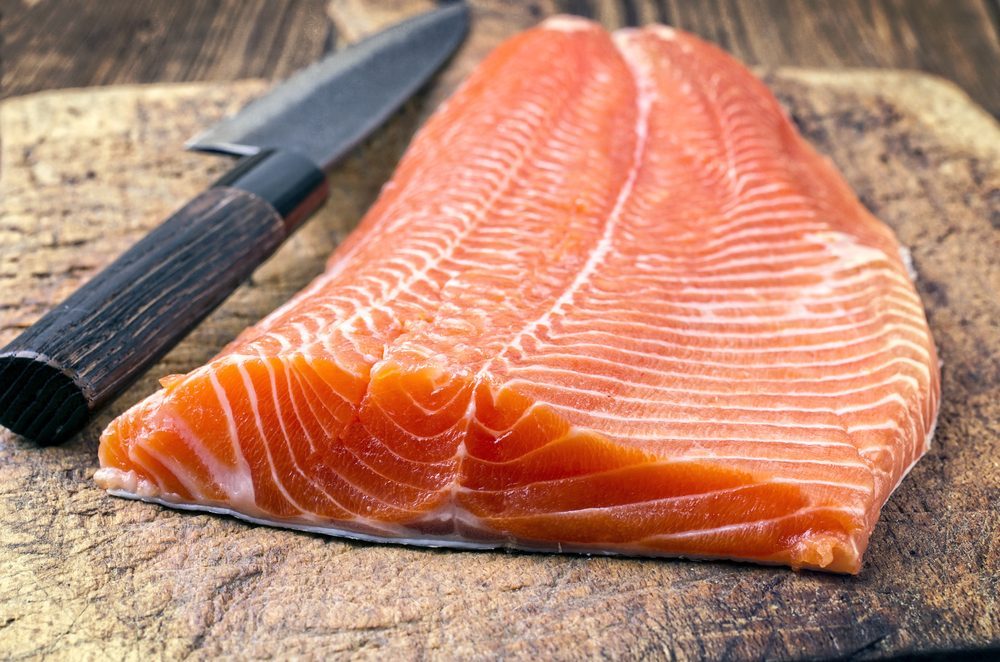Lean vs Fatty Fish: What’s the Better Choice?
Comparing lean fish and fatty fish involves understanding their nutritional differences, benefits, and suitable cooking methods. This article explores the pros and cons of both types, providing insight into which might be better for your diet.

Fish is a popular protein choice for many, often touted for its health benefits. However, not all fish are created equal. They can be broadly categorized into lean fish and fatty fish. Some examples of lean fish include Cod, haddock, flounder, and tilapia which, thanks to their versatility, can be baked, grilled, or poached. They often pair well with light sauces and fresh herbs. Avoid frying as it can add unnecessary calories and fat.
Similarly, fatty fish like salmon, mackerel, sardines, and trout can be baked, grilled, or broiled. They are particularly flavorful and delicious with robust marinades and seasoning. Their higher fat content allows them to stay moist and tender during cooking.
With an awareness of the differences between these two types of fish, you can make better dietary choices. Below, we dive into the nutritional differences, health benefits, and the best ways to prepare and cook lean and fatty fish.

Lean Fish vs. Fatty Fish: Nutritional Differences
Lean fish are those that contain lower fat content, typically less than 5% fat. They are low in calories and high in protein. Common examples include cod, haddock, and tilapia. Lean fish are also a good source of B vitamins and selenium.
Fatty fish, on the other hand, have a higher fat content, usually more than 5%. These fish are rich in omega-3 fatty acids, which are essential for heart and brain health. Examples of fatty fish include salmon, mackerel, sardines, and trout. They also provide vitamins A and D.

Lean Fish vs. Fatty Fish: Which Provides More Benefits?
Lean fish are excellent for those on a calorie-restricted diet or looking to increase their protein intake without adding much fat. They help in muscle building and repair, thanks to their high protein content. The B vitamins in lean fish aid in energy production and maintaining a healthy metabolism.
Fatty fish are renowned for their high omega-3 fatty acid content. These fats are crucial for reducing inflammation, improving cardiovascular health, and supporting brain function. Regular consumption of fatty fish has been linked to lower risks of heart disease, stroke, and certain types of cancer. The vitamin D found in fatty fish is also important for bone health and immune function.
Sustainability and Environmental Impact
Lean fishes are often caught in large quantities, which can lead to overfishing and depletion of fish populations. In a nearly similar vein, fatty fish like salmon and mackerel are typically farmed or wild-caught.
Therefore, it's essential to choose sustainably sourced lean fish to minimize the environmental impact. Look for certifications like the Marine Stewardship Council (MSC) label, which ensures that the fish were caught using sustainable practices.
;Resize,width=767;)

;Resize,width=712;)
;Resize,width=712;)
